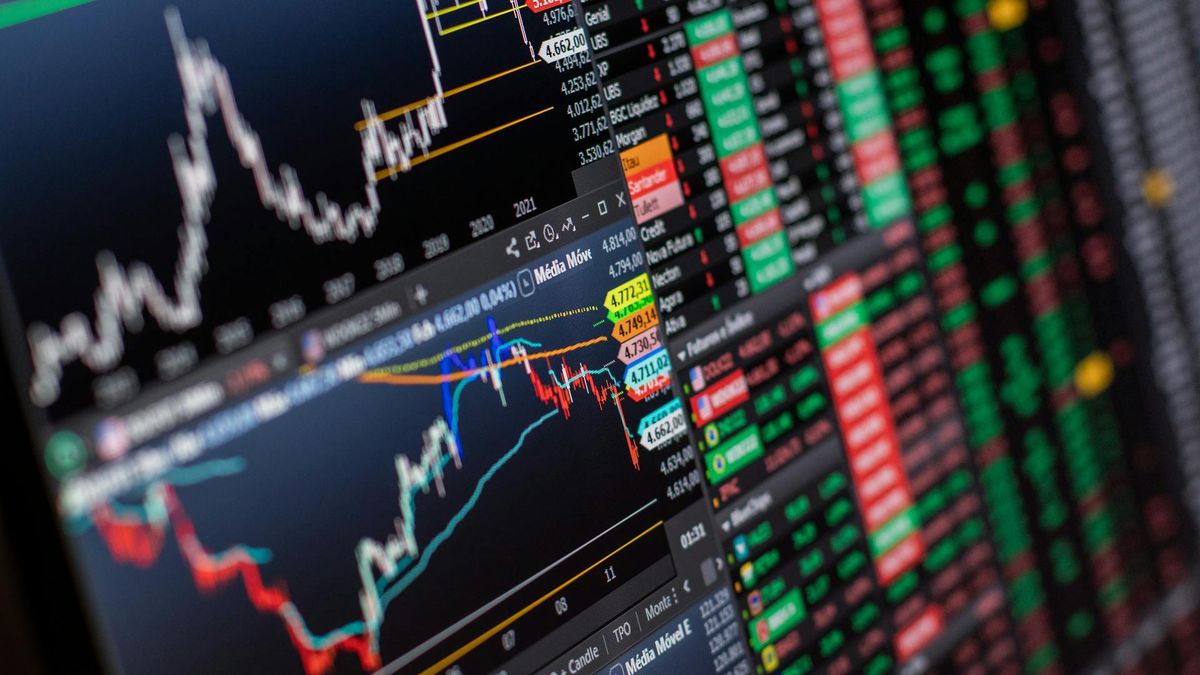High energy prices, rising interest rates, a weakening global economy – the mixed situation for German exporters is difficult. The prospects in many important sectors are also rather bleak.
The weak demand on the world markets is increasingly causing problems for the export nation Germany. According to the latest figures from the Federal Statistical Office on Monday, the second half of 2023 began with a minus in exports. The prospects in key industries such as mechanical engineering are becoming increasingly gloomy. Foreign trade is “no longer the strong, resilient growth engine of the German economy that it once was, but a brake pad,” commented ING chief economist Carsten Brzeski.
In July, both in comparison to the previous month (minus 0.9 percent) and to the same month in the previous year (minus 1.0 percent), fewer goods “Made in Germany” were delivered abroad than in the same period of the previous year. According to the Federal Statistical Office in Wiesbaden, German exports totaled 130.4 billion euros in the month.
Looking at the seven months of the current year as a whole, exports are calendar and seasonally adjusted at 922.4 billion euros, 2.9 percent above the previous year’s level. In 2022 as a whole, German foreign trade achieved a record result, also due to price increases, some of which were significant.
Ifo: Continued weak global demand
However, the mood in the German export industry has recently deteriorated further, as the latest surveys by the Munich Ifo Institute show. Accordingly, export expectations fell to minus 6.3 points in August after minus 6.0 points in July. “German exporters are still struggling with weak global demand,” explained Klaus Wohlrabe, head of the Ifo surveys. “In addition, more and more companies are complaining that their global competitiveness is suffering.”
High energy and raw material prices are a burden for many companies. Important growth markets such as China have recently weakened. “Due to the high interest rates in important sales markets, the persistently high inflation rates and the weakening Chinese economy, the global economy is not showing any momentum,” said Volker Treier, DIHK foreign trade chief.
The downward trend in orders among machine and plant manufacturers continued in July: With a price-adjusted decline of eleven percent compared to the same month last year, there was again a double-digit minus, as the industry association VDMA announced on Monday in Frankfurt.
VDMA: lack of new orders
“Companies are still posting increases in sales,” explained Ralph Wiechers, chief economist at the Association of German Machine and Plant Construction (VDMA). “However, due to a lack of new orders, the order backlog and thus the remaining buffers for production and sales are gradually decreasing.”
According to data from the Federal Statistical Office, goods with a total value of 114.5 billion euros were imported into Germany in July. This was an increase of 1.4 percent compared to the previous month. Compared to July 2022, however, imports fell significantly by 10.2 percent.
Source: Stern




